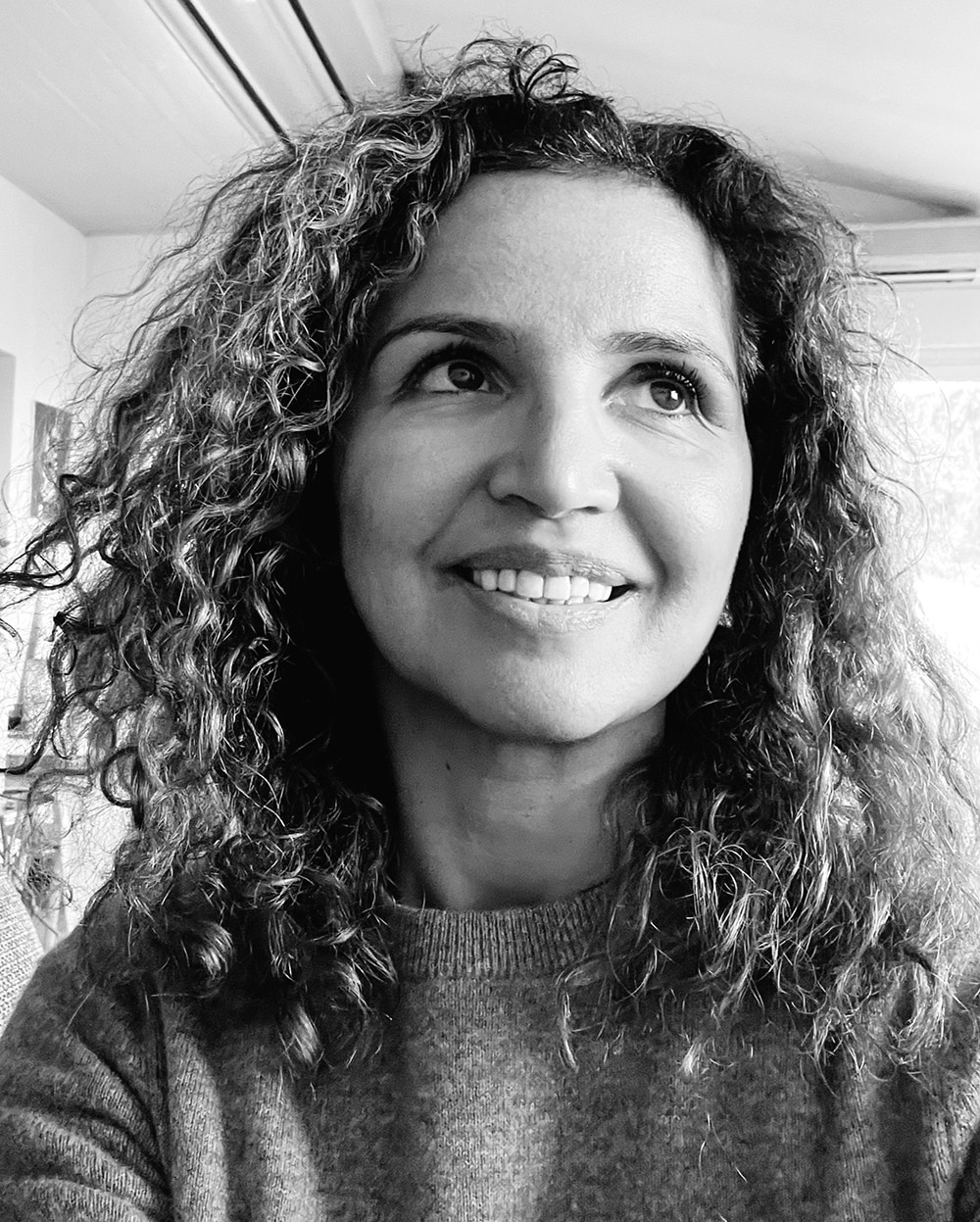
And, as Hajji prompts us to take a stand against notions of hatred and notion, we are doomed to failure if we fail to do so. There are many ways to take a stand: Through art, writing, music and even through speeches and discussions. We need to galvanize one another to respect every member of our community regardless of faith, gender, nationality, social and/or financial status. We can adopt Gandhi’s principle of satyagraha, in which we resist in a non-violent manner against any edicts that encourage us to undermine the dignity of fellow human beings.
If parliament members continue to rant against expatriates and minorities, it is our solemn duty to resist and open our hearts to everyone who lives here. In Kuwait, these last few years have proven to be a nightmare for expatriates and minorities. Kuwait is a country that prides itself on spiritual values, but lately we seem to be festering hatred and racism in our community. Whenever anyone defends an expatriate, we are the first to say: “Look at other countries; they always put their citizens first.” But we are not other countries.
And we should be inspired by countries which are civic, which promote peace and understanding, and which embrace diversity. And even while being inspired by peaceful nations, why can’t we also be a source of inspiration for other countries? Why can’t Kuwait be known as a nation in which egalitarian principles are implemented? Change, after all, begins at home. We cannot advance as a society when we resent a foreigner who reaches a higher status than us at work. Our nationality should not make us feel entitled to a position that was destined for someone else, who left their country to live a better life, and who finally found a way to support their family, only to face backlash.
To enhance our infrastructure and improve our education, we must put people in place who can transform our society for the better, Kuwaiti or not. Many Kuwaitis are worthy of their positions, but many expats are as well. We should give positions to members of society based on their merit, and for the sake of a better Kuwait, an inclusive Kuwait, not a Kuwaiti Kuwait. We live in an era of globalization, but we seem to be resisting integration in every way. The tourism industry, as well, is faltering because we are afraid of imbibing the lifestyles of so-called others, even in a country in which citizens constantly travel abroad to attend concerts and visit art museums.
If we can be tourists overseas, why are we depriving our country of tourists like us? We say it’s to protect our values, but exclusivity and discrimination are certainly not values. A culture of coexistence cannot thrive in a country whose borders are closed in an airtight fashion, or a country that denies family members the right to visit their loved ones who work here. And how much longer will we fail to understand that Kuwaitis hail from many backgrounds? And yet still, foreigners who have served our country are deprived of citizenship. How many stateless people have served in our military and police force only to continue to be denied a Kuwaiti passport? What kind of community are we when we continue to consider honor killings merely a misdemeanor?
How can we progress when we deprive local women who marry foreigners the chance of passing citizenship to their spouses and children even when male members of the society are allowed to do so? Why can’t we allow people to practice their faith openly? What happened to us? And why are we ignoring the fact that our country needs a revival, a renaissance, a reformation. Hajji’s culture of peace is a noble proposal and his bold assertion that hatred and racism is on the rise reminds us that we cannot change our community when we do not admit that there are many barriers to coexistence in our community.
Xenophobia, misogyny and prejudice are dominating our headlines, but we seem to be defensive when faced with the truth. We must rise from this cult of separation and unite our society. We need more locals in positions of power that invite citizens to raise our frequency. And we need expatriates to feel at home here. After all, home is where the heart is, and many expats consider this country as their home. What a pity that we deny them the pleasure of feeling at home. What a pity. Let’s wake up, Kuwait. Let’s coexist, Kuwait.
[email protected]
 Hong Kong Bannar.jpg)


